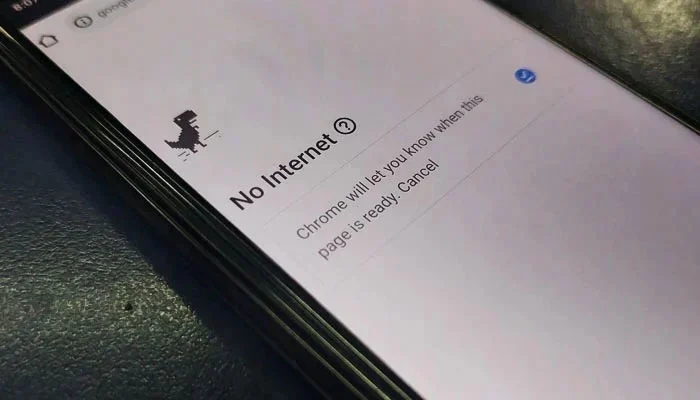Pakistan’s internet has recently come under scrutiny as users face sluggish speeds, issues with downloading media on WhatsApp, and intermittent connectivity problems. Amidst growing frustration and economic concerns, the government has been offering various explanations, such as increased VPN usage and “faulty submarine cables,” while avoiding transparency about the real issues.
#### Government’s Approach and Internet Filtering Capabilities
Amidst the confusion, the government has acknowledged updates to its web management system (WMS) aimed at improving cyber security. According to the Pakistan Telecommunication Authority (PTA), this system has been under deployment since December 2023, with plans to complete testing and installation by the end of this month.
The WMS, acquired from Sandvine in 2018, is known for its Deep Packet Inspection (DPI) technology. This technology can identify and interfere with VPN traffic through techniques such as packet dropping, rate limiting, or redirection. The system also supports URL filtering, IP blocking, and VPN whitelisting. The contract with Sandvine expired in 2023, and industry sources suggest that the new system is more sophisticated, allowing for more granular control over content. This means that instead of blocking entire platforms like YouTube, the new system can throttle specific apps and block individual pieces of content.
Content Filtering Techniques and Their Impact
Content filtering can disrupt specific applications or sites and negatively affect overall internet performance. Techniques include:
– Traffic Throttling: Controls bandwidth for certain types of traffic, websites, or applications. This can slow down access without outright blocking services. For example, throttling of Twitter services was reported in Pakistan late last year.
– URL and IP Filtering: Blocking access to specific URLs or IP addresses. The PTA has been known to use this method extensively.
– Application-Based Filtering: Allows for throttling or blocking specific applications rather than entire platforms.
These measures, while aimed at controlling content, often lead to broader disruptions in internet service, affecting the experience for all users.
In summary, Pakistan’s internet issues are likely compounded by both infrastructure challenges and the implementation of advanced filtering technologies. The lack of transparency from the government and the PTA only adds to the uncertainty and frustration experienced by users.
To Keep Updated Visit & Follow our Facebook Page Or Our Website




